European Union
448.8
Population 2023 (Millions)
N/A
HDI Score
2022 (Max. 1)
N/A
SDG Score
2023
(Max. 100)
N/A
Gender Inequality
Index Score
(Max. 1)
N/A
Internet Inclusivity
Index 2022
(100 countries)
Overview
Projects

- Europe, European Union
- December 2024 - February 2026
- Data Feminism, Just Digital Transformations
- Partner(s): ADE, European Union (Funder)
The EU Gender Action Plan III (EU GAP III) is the European Union’s framework for promoting gender equality and women’s empowerment in its external action for the period 2021-2025. As this period comes to a close, DPA, in collaboration with ADE, is leading the evaluation of the approach and results reached in terms of gender mainstreaming and women and girls’ empowerment in the third EU Gender Action Plan (GAP). To achieve this, DPA is creating an evaluation framework based on research, document reviews, and interviews, in addition to two field missions to gather firsthand insights. Additionally, DPA will collaborate with the evaluation team from the European Union and other stakeholders to ensure alignment in findings.
With the ultimate objective of advising the European Commission on improved approaches to achieving universal gender mainstreaming and elevating gender equality to benefit women and girls around the world, this work will form part of the next GAP framework.
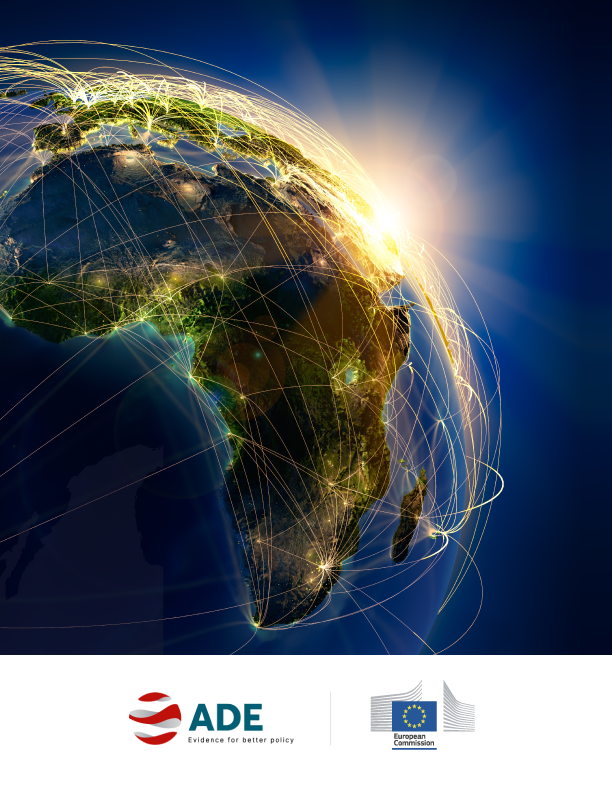
- Central African Republic, Eswatini, European Union, Ghana, Ivory Coast, Madagascar, Mali, Mozambique, Rwanda, Sierra Leone, Sub-Saharan Africa (SSA), Togo
- January - May 2020
- Just Digital Transformations
- Partner(s): ADE (Funder), EU DEVCO
This study, produced in collaboration with ADE, assessed the European Union’s external cooperation for development (DEVCO, now INTPA) in the cross-cutting field of digitalization in Sub-Saharan Africa (SSA), with a view to issuing a series of lessons learned and recommendations to inform current and future cooperation work. In particular, this evaluation focuses on understanding and analyzing DEVCO’s investments and projects in the region, the extent to which these projects are strategically promoting the pillars, objectives and values of the EU frameworks, and to identify complementarities or lack thereof with other relevant national, regional, and international stakeholders.
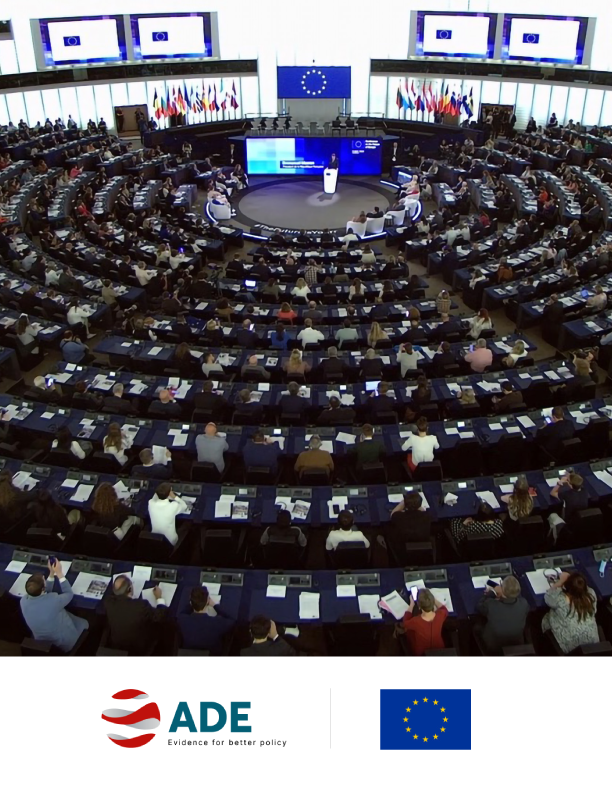
- Europe, European Union
- April 2021 - May 2022
- Just Digital Transformations
- Partner(s): ADE, DG INTPA (Funder), DG NEAR
This evaluation, led by our partner ADE, provided an independent assessment and evidence on the EU-UN cooperation in external action-building through the analysis of five thematic areas:
- Green Deal;
- Sustainable economic, social, and human development;
- Governance, security, and governance;
- Migration and forced displacement; and
- Transition to a new digital era (led by DPA).
The evaluation assessed the EU’s influence and visibility in the UN system in relation to achieving EU priorities and supporting multilateralism. It examined the mechanisms for actual implementation and delivery of support, as well as their effectiveness and efficiency, including mechanisms for policy dialogue, programming, and cooperation. Additionally, the evaluation provided inputs on how to further improve cooperation between the EU and the UN.
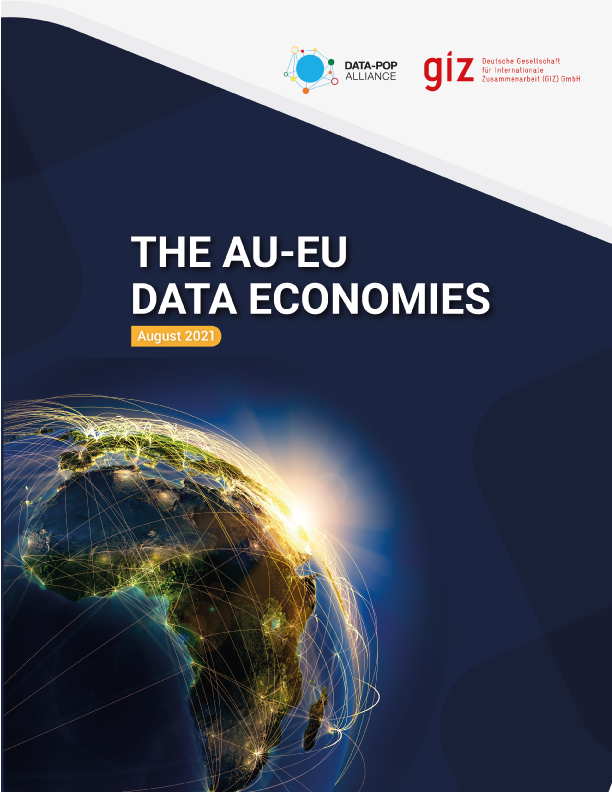
- Europe, European Union, Sub-Saharan Africa (SSA)
- April - August 2021
- Just Digital Transformations
- Partner(s): African Union, European Union, GIZ (Funder)
In collaboration with the European Union and the African Union, and support from GIZ, DPA developed an overview of the Data Economy Framework between Europe and Africa in a concise report focused on the potential of the data economy in Africa, and its potential to boost the African-European data market exchange. The final report discussed the landscape of the African data economy and mapped the potential fields of common interest between the African and European Unions. The findings synthesized information from recent in-depth studies, as well as from indices on inclusive internet, affordability drivers and network readiness.
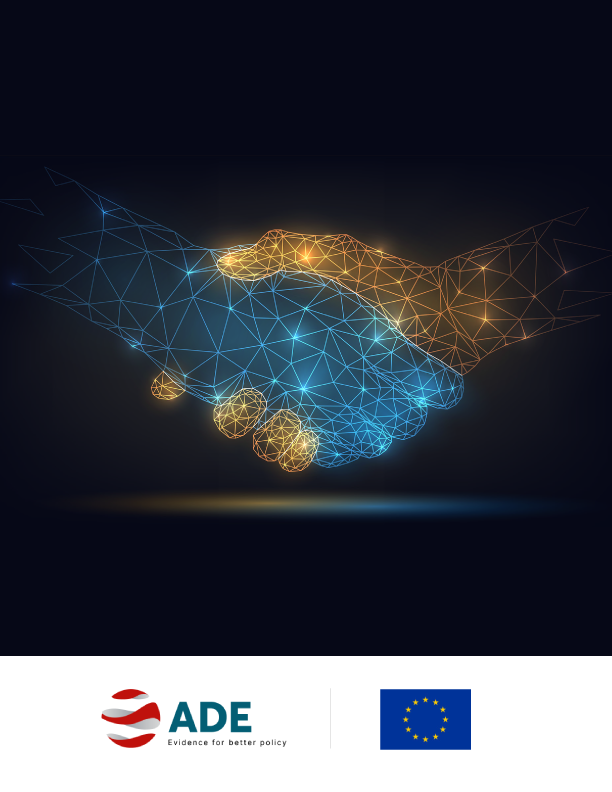
- Europe, European Union
- April 2022 - June 2023
- Just Digital Transformations
- Partner(s): ADE, DG INTPA (Funder), DG NEAR (Funder)
This evaluation, led by our partner ADE, provided an overall independent assessment on the World Bank’s (WB) cooperation in external action building via an ex-post and prospective analysis of the partnership. Among other research objectives, the evaluation assessed the achievement of EU objectives and priorities in the field of international cooperation and development as a result of this partnership; the reinforcement of the role of the EU as an international actor; the promotion of multilateral dialogue, solutions, and cooperation; and the effective and efficient delivery of development support to countries and development partners. It also provided a roadmap to gauge the opportunities and constraints the EU faces in relation to its partnership with the WB.
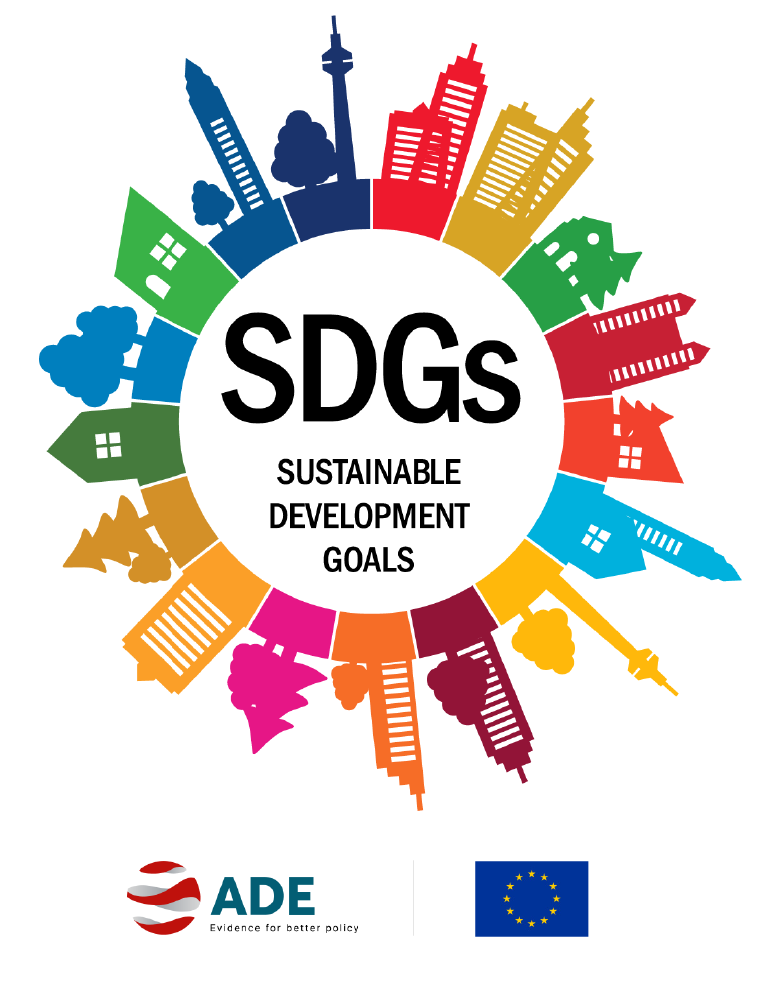
- Europe, European Union
- December 2021 - April 2023
- Just Digital Transformations
- Partner(s): ADE, DG INTPA (Funder)
The main objective of this evaluation, led by our partner ADE, was to provide an independent, evidence-based assessment of the contribution of the EU’s external actions in support of the implementation of the SDGs – not only as a set of individual goals, but also in relation to their integration into the EU’s external policy framework. In line with EU policy, this evaluation sought to be a stock-taking, lesson-learning, and forward-looking exercise, as well as an accurate assessment of achieved results.
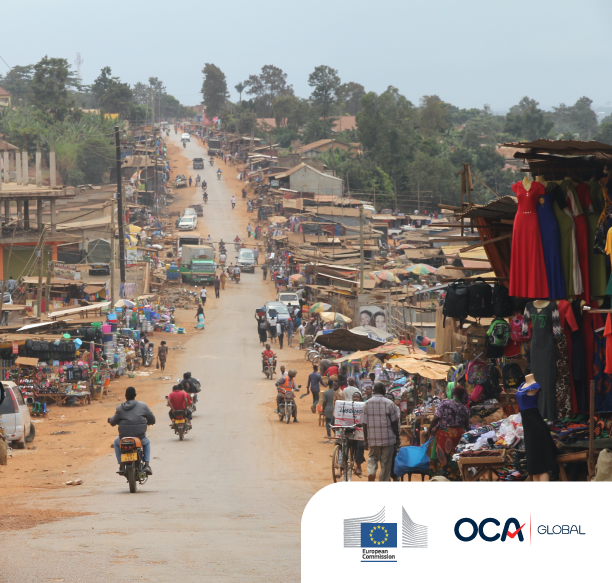
- Europe, European Union, Sub-Saharan Africa (SSA)
- January - March 2022
- Just Digital Transformations
- Partner(s): DG INTPA, OCA Global Consulting (Funder)
This series of three reports analyzed varying aspects of Africa-EU and provided technical policy insights to strengthen the European Commission Directorate General for International Partnerships’ (DG INTPA) capacity in “knowledge-based” policymaking. Each report was conducted through a study and analysis of policy briefings, taking into account EU political interests towards Africa, as well as relevant existing legally-binding agreements, political declarations and strategic documents. The topics of each report included:
(1) Transport and Infrastructures;
(2) Digital Technologies and Services;
(3) Sustainable Energy and Climate Change; and
(4) Private Sector and Trade.
